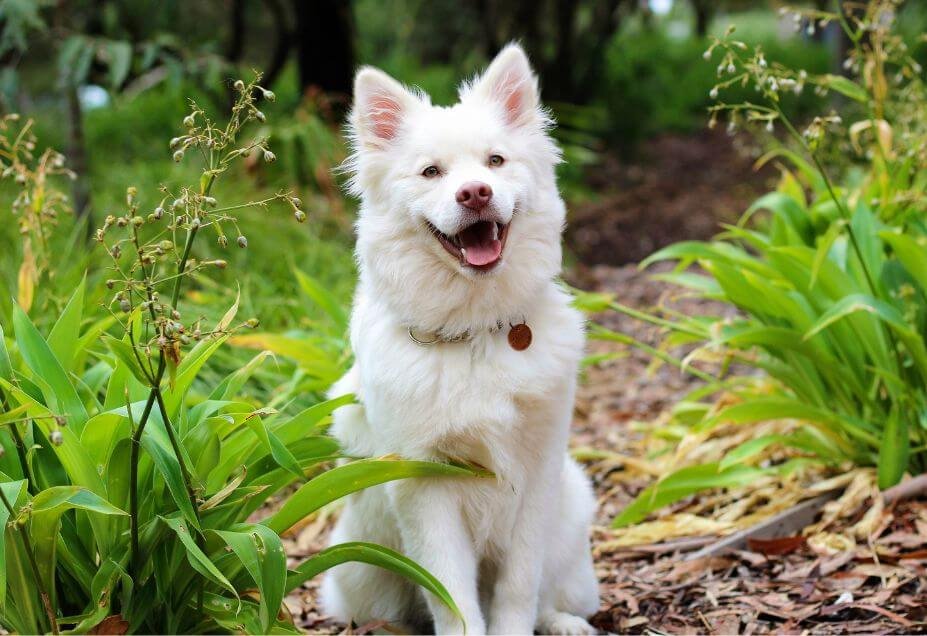Why Does My Younger Dog Groom My Older Dog?
Why does my younger dog groom my older dog?
Does one of your younger dogs groom your older dog? This intriguing pattern has also amazed the researchers. So you are not alone in this research. While at first, this behavior seems odd but this behavior holds many reasons.
As a dog trainer, I would like to delve into all the reasons behind this behavior. I am shedding light on the valuable insights and significance of this behavior.
Origin and Meaning
To understand the reason behind this behavior, the study of social hierarchy and pack behavior is important.
Dogs are descended from wolves and they maintain a hierarchy social structure. In the wild, wolves form packs and each member has its own rank.
Similarly, dogs also live in a hierarchy system even in domestic settings. Older dogs hold senior ranks while junior dogs possess lower ranks. So, grooming behavior can be expressed as a sign of respect.
By grooming a senior dog, a younger dog acknowledges the authority of a senior dog. It also reaffirms its subordinate position in the pack.
Social bonding and Affection
Guess what? Grooming is not only a functional behavior among dogs, but it also strengthens the bond between them. They show affection by grooming their seniors.
When your younger dog is grooming your older one, it means he is fostering a sense of companionship.
Have you noted this behavior is akin to humans? Humans also show affection and reinforce their relationship with handshakes, hugging, etc.
A harmonious pack requires physical closeness and social attachment.
Learning and imitation
Young dogs are highly observant. They tend to learn from the behavior of their seniors. Grooming is a skill that the senior dogs mastered over time.
When a young one grooms the older dog, it means that they’re learning the art of grooming through interaction and imitation.
This behavior helps the young dogs to acquire good grooming skills. It also reinforces the hierarchical structure within the pack.
Instinctual behavior
In the wild, the mother dog grooms her puppies to keep them clean. They also do so to improve circulation and promote cleaning.
This behavior is the extension of maternal instinct. This act of grooming helps the younger dogs to establish a nurturing connection.
Stress relief and soothing
Grooming behavior is best known to have a calming effect on the body of dogs. This repetitive nature of younger dogs licking and grooming the senior dogs alleviates anxiety and lowers stress levels.
In addition to reducing stress, it can be an instinctive way to provide comfort. Older dogs may experience age-related discomfort and health issues. Providing them comfort can offer solace and companionship.
Territorial marking
Dogs have scent marks on their paws. So, when they lick or groom each other this means they are depositing their scent. This scent-marking behavior is a way for dogs to mark their territory and show their presence. When they do so with the older dogs, this means that they are asserting their affirmation with the pack.
Health benefits
Grooming is not all about appearances but it has vital health purposes. They groom to keep their fur clean and debris-free.
Older dogs have age-related limitations to reach certain areas of their body. Younger dogs grooming can assist them in keeping their coat healthy and prevent skin infections.

Conclusion
The act of a younger dog caring for an older dog has multiple meanings and serves multiple purposes. This behavior in the social hierarchy of the dog pack expresses respect and reinforces the subordinate position of the younger dog.
It also promotes social connection and bonding by reflecting human interaction. Learning and imitation play a role as young dogs acquire grooming skills by interacting with their parents. Plus, clipping relieves stress and comfort, which is a win-win, especially for older dogs.
Territorial marking and health benefits further enrich the importance of this behavior in maintaining a harmonious dog pair.
FREQUENTLY ASKED QUESTIONS:
Is it normal for a younger dog to babysit an older dog?
Yes, this is normal behavior based on the dog’s social hierarchy and bonds.
Younger dogs often groom older dogs as a sign of respect and love.
Q: How can I encourage this behavior in my dogs?
Creating a positive and relaxed atmosphere is key. Provide opportunities for social interaction and play, which can naturally lead to grooming behaviors.
However, it is important to allow dogs to initiate such interactions.
Q: Should I be concerned if my older dog doesn’t like being handled by my younger one?
Some dogs may not enjoy being handled by others. Watch their body language so you do not feel uncomfortable or stressed.
If an older dog shows signs of anxiety, it is best to respect their boundaries and avoid pushing their behavior.



.jpg)



